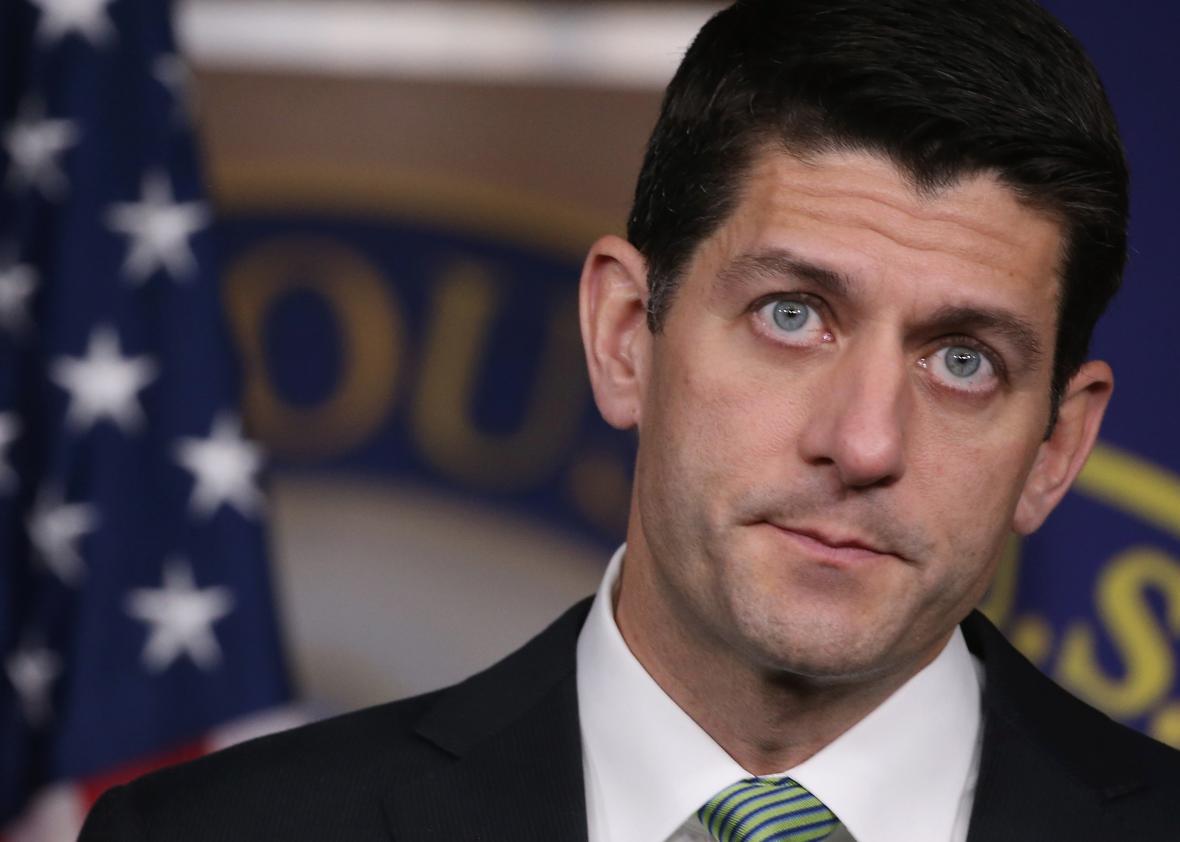“Is Hillary Clinton Going to Blow This?”season kicked off Tuesday morning with the release of a couple of early general election polls showing some movement toward Donald Trump both nationally and in key swing states.
Lest we upset Nate Silver, a couple of necessary disclaimers: These early general-election polls are early general-election polls. How early? Well, we’re not even in the general election yet. That early. These polls will be more revealing in a month or so once the primaries on both sides are completed and the hangover of primary politics wears off.
What is interesting, though, is the internal movement within the Republican Party, which has unexpectedly wrapped up its intra-party competition more quickly than the Democrats have theirs. Despite the hesitation on the part of certain prominent Republicans to support the party’s presumptive nominee, Republican voters themselves seem to be falling in line on schedule.
Public Policy Polling’s latest national survey of registered voters—not likely voters—shows the race tightening to a four-point Clinton lead over Trump, 42 to 38. (That becomes 47 to 41 when Green and Libertarian Party candidates aren’t included.) The tightening is a result of Republicans rallying around their presumptive nominee, while Clinton has yet to fully dispatch Sen. Bernie Sanders. Trump, PPP finds, leads Clinton 78–7 among Republicans. “Although much has been made of disunity in the GOP,” PPP writes, “it is actually just as unified behind Trump as the Democrats are behind Clinton.” For now.
Meanwhile, Quinnipiac on Tuesday released surveys of three traditionally competitive states—Ohio, Pennsylvania, and Florida—that show Clinton and Trump essentially tied in each. The sampling in these polls is being called into question and, again, they are early. But a natural tightening should be expected as the Republican Party, which despises Hillary Clinton, unites behind its only available vehicle for denying her the presidency.
This doesn’t make life any easier for elected Republicans, such as House Speaker Paul Ryan, who are queasy at the prospect of endorsing Trump. If Republican voters who didn’t support Trump will rally around him in order to stop Clinton, how long can Ryan get away with very publicly refusing to do so? It’s a delicate balancing act: He recognizes that Trump is an underdog in November, so he doesn’t want to let him tarnish the party too permanently before he’s sent packing back to Mar-a-Lago. But Ryan also doesn’t want to be blamed by Republican voters for standing idly by, or even in opposition to, the party’s nominee and thus helping Clinton secure the presidency. Ryan’s popularity among Republicans and thus his future political hopes would plummet if he were perceived as abetting her rise. Let’s put it another way: Richard Nixon didn’t campaign as hard as he did for Barry Goldwater in 1964 because he was especially interested in Goldwater becoming president.
The rank and file’s acceptance of Donald Trump augurs some sort of cave from Ryan, even if they’re probably never going to do a whistlestop tour together. Already we have one of Ryan’s close confidants, former Education Secretary Bill Bennett, saying that all Ryan wants to hear is a basic commitment from Trump to conservatism’s first principles. Trump should be able to give him the bullshit he needs sooner or later.
